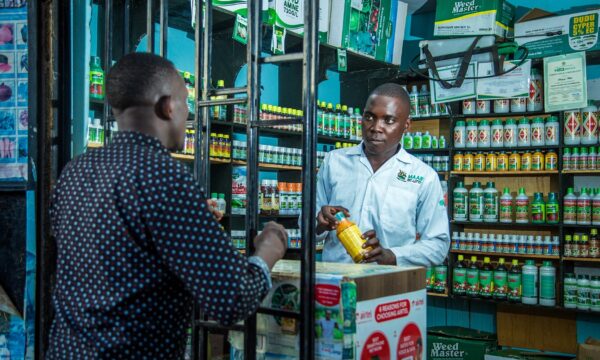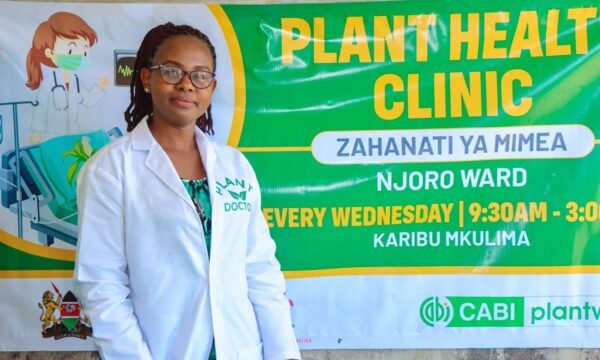
Recently in New Delhi, the Plantwise team in India held a plant health stakeholder workshop between 24th -26th September to discuss and review the programme implementation in 3 states across India; Jammu and Kashmir, Tamil Nadu, and Pondicherry. All in-country stakeholders including the State Department of Agriculture, Jammu M.S. Swaminathan Research Foundation, and National Agro foundation-FPOs participated in the 3-day event followed by a field visit to Trichy.
The 3-day workshop was primarily organized to assess the changes in the Plant Health System in each state. During the workshop, the Plant Health Systems in Jammu and Tamil Nadu were examined and the key findings were that changes have been seen over the past 5 years. In particular, there was feedback that farmers now have a stronger voice in the Plant Health Sytem that previously, and while more work could be done, it was felt that there were more robust links between farmers and research. Additionally, the role of ICTs has been crucial in the delivery of advice and collecting feedback from farmers.The team also planned quality assurance activities in each state and a schedule for regular farmer feedback on plant clinics and the advice provided. The workshop was facilitated by Frances Williams, Global Monitoring and Evaluations Manager, CABI.

In the field, participants visited a clinic run by Plantwise partner M S Swaminathan Research Foundation in a farm school building. A group of farmers (26 men and 11 women) visited the clinic each with samples, mainly rice at nursery stage. Discussions with farmers showed that there was a strong demand and that some would also be willing to pay for plant clinic services. Most of the farmers at this clinic were repeat visitors and said that they very much valued the on-the-spot guidance on pests and infestation of crops. The clinics have also enabled them to understand more about the harmful effects of red labelled/banned pesticides, pest resurgence, and pesticide resistance. The clinics have provided farmers with an array of technological solutions along with cultural, biological, and chemical methods, which are nationally and internationally permissible, ecologically safe, and environmentally sustainable for mitigating crop loss and enhancing plant health and economic benefits. They also noted that the use of USB microscopes was highly appreciated as it allowed the plant doctors to show the pest or disease affecting their crop, at high magnification, which served so enhance the credibility of the plant doctors.
Interactive sessions and structured group activities were organized to capture the feedback from the diverse range of stakeholders ranging from input dealers, extension workers, academia and progressive farmers and their experiences with the Plantwise programme so far. The workshop concluded by creating national monitoring and evaluation, and quality assurance plans for Jammu and Tamil Nadue. In addition, plans for getting systematic farmer feedback on their use of plant clinic advice and the effects of that advice were made in both states
Find out more about Plantwise in India→
Related News & Blogs
How plant clinics are strengthening crop health services in Bangladesh
When the first-ever plant clinic in Bangladesh opened in Dhaka in 2013, it initially faced a lack of interest due to its novelty and limited awareness among farmers. However, it went on to expand, providing advice to over 17,000 farmers and led to the…
2 July 2025




